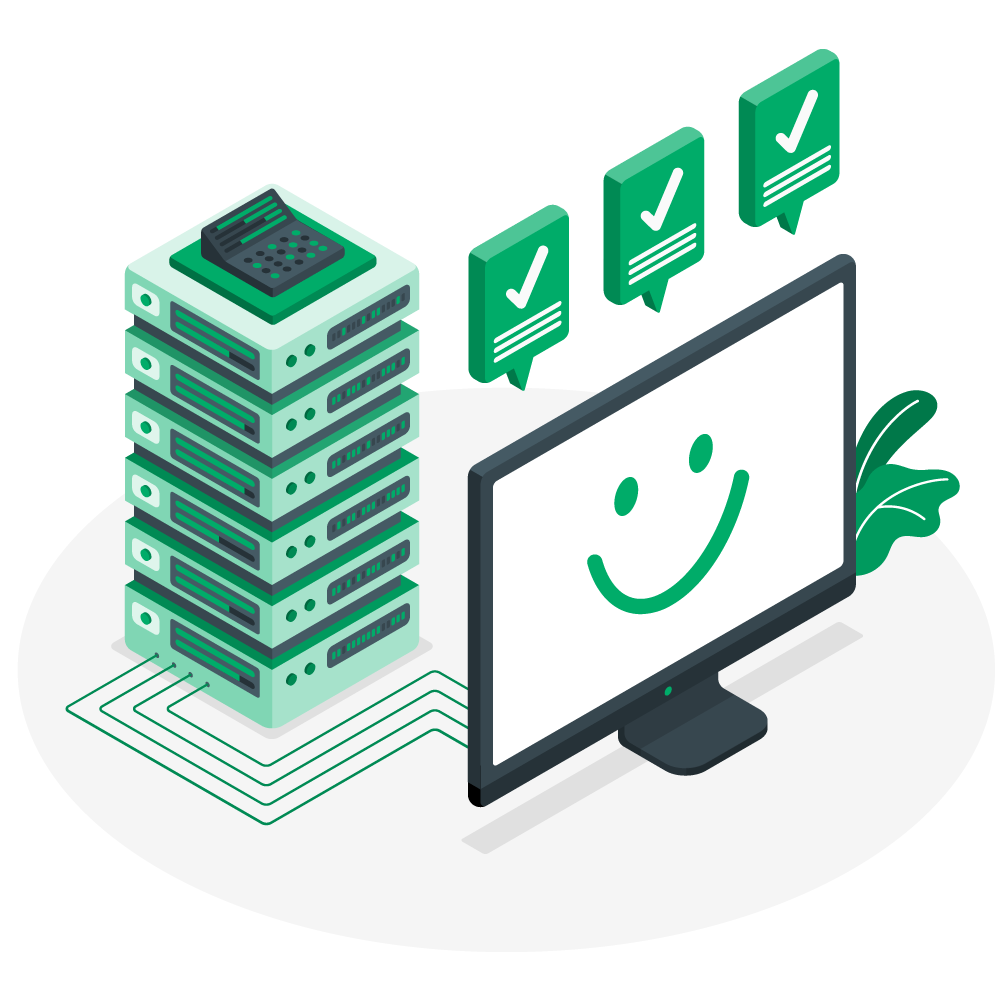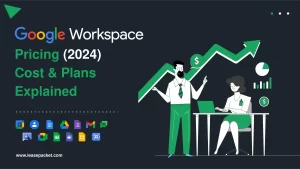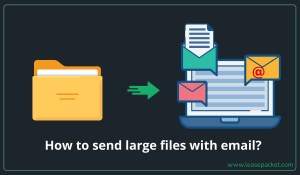Choosing the right dedicated server provider in Jeddah is necessary for businesses aiming to optimize their online presence and ensure robust digital operations. A dedicated server offers exclusive use of its resources, including CPU, RAM, and bandwidth, providing enhanced performance, security, and reliability compared to shared server solutions. This blog will tell you the key factors to consider when selecting a dedicated server provider in Jeddah. Let’s get started:
Table of Contents
Choosing the Best Dedicated Server Provider in Jeddah
1. Identify Your Server Needs
Before diving into the selection process, clearly define what you need from a dedicated server:
- Performance Requirements: Assess the CPU, RAM, and storage needs based on your applications’ requirements. High-traffic websites, large databases, and complex applications may require more powerful servers.
- Bandwidth Needs: Determine your expected traffic volumes and choose a provider that offers sufficient bandwidth without excessive costs.
- Type of Management: Decide whether you need managed or unmanaged servers. Managed services include server setup, software updates, monitoring, and technical support, ideal for businesses without a dedicated IT team.
2. Evaluate Local Data Center Infrastructure
The physical location of the data center is critical, especially for latency-sensitive applications:
- Proximity: Servers located near your primary user base provide lower latency, faster data transfer, and improved overall performance.
- Reliability and Uptime: Look for data centers with high uptime guarantees (typically 99.9% or higher). Check their history and protocols for dealing with power failures, natural disasters, and other emergencies.
- Security Measures: Ensure that the data center is equipped with robust security measures, including CCTV surveillance, biometric access, fire suppression systems, and on-site security personnel.
3. Check Network Quality and Connectivity
The quality of the network connection affects your server’s performance and reliability:
- Internet Backbone Connections: Providers should have multiple high-speed connections to the internet backbone to ensure redundancy and reliability.
- Peering Arrangements: Good peering relationships with other networks can reduce latency and improve connectivity.
- DDoS Protection: Given the increasing frequency of DDoS attacks, ensure your provider offers effective DDoS protection.
4. Support and Service Level Agreements (SLAs)
Technical support is a critical aspect, especially when unforeseen problems arise:
- Availability: Look for providers offering 24/7 customer support with multiple channels such as phone, email, and chat.
- Responsiveness: Check reviews or ask for references to evaluate the provider’s responsiveness and effectiveness in handling issues.
- SLAs: Review the Service Level Agreements carefully. These should outline performance metrics, downtime compensation, and other guarantees.
5. Scalability and Flexibility
As your business grows, your server infrastructure needs to grow with it:
- Server Upgrades: Ensure the provider offers flexibility in terms of upgrading server hardware and increasing bandwidth.
- Custom Configurations: Some businesses require custom server configurations for their specific software or operational requirements. Check if the provider supports such customizations.
6. Pricing and Contract Terms
Cost is always an important factor:
- Transparent Pricing: Avoid providers that have hidden fees or complicated pricing structures. Look for clear, upfront pricing models.
- Contract Flexibility: Be wary of long-term contracts unless they offer significant benefits. Shorter-term contracts provide the flexibility to change providers if your needs evolve or if the service fails to meet expectations.
7. Local Regulations and Data Compliance
Understanding local regulations and compliance requirements is vital:
- Data Sovereignty: In certain cases, data must be stored and processed within national borders. Ensure the provider complies with Saudi regulations.
- Certifications: Look for data centers with industry-standard certifications (e.g., ISO 27001, SOC 2) that affirm their compliance with rigorous security and operational benchmarks.
8. Reputation and Reviews
Finally, research the provider’s reputation:
- Customer Reviews: Online reviews and testimonials can provide insights into the provider’s reliability and customer service quality.
- Industry Experience: Providers with extensive experience and a good track record in your industry are typically more reliable.
Conclusion
Selecting the right dedicated server provider in Jeddah involves a balance of technical requirements, service quality, support, and cost. By meticulously assessing each factor, you can choose a provider that not only meets your current needs but also supports your future growth and success. Remember, the cheapest option isn’t always the best when it comes to server hosting. Prioritize quality and reliability to ensure that your dedicated server helps rather than hinders your business objectives.

























